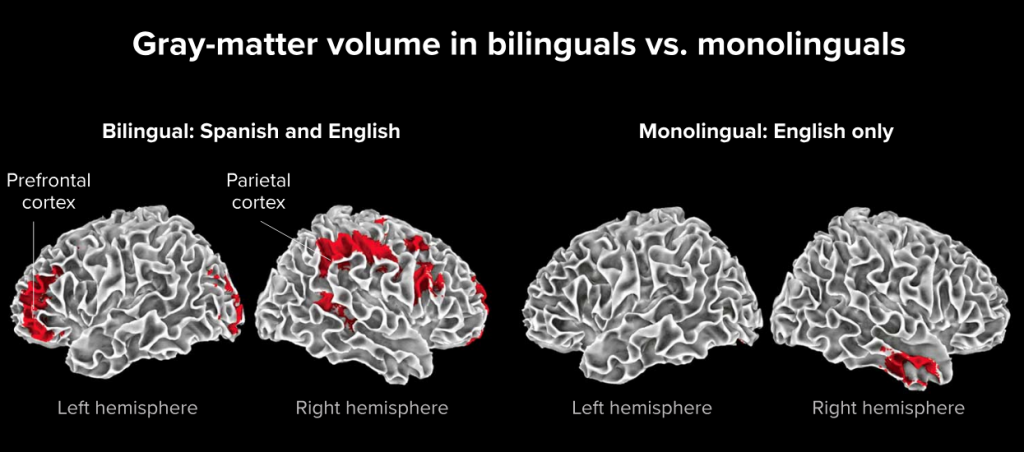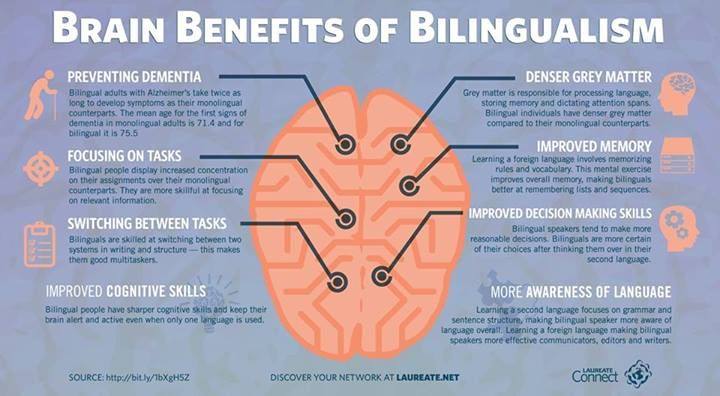
There are currently over 300 million French speakers worldwide.It may be somewhat hit and miss, but you will have much, much better luck trying to get around in English in Germany than getting around in German in the UK thanks to the base English fluency level in the broad population. But in a practical sense, at B1 you speak the language - you can communicate, if sometimes in a stumbling fashion, about things that are immediately important. People at this level will not typically be talking about global politics with you. They aren't levels where you're reading Shakespeare for fun, sure. Sometimes this sub drives me to distraction with its focus on fluency and the advanced stages.Ī2 and B1 are not nothing.


If you pick an elderly guy in a tiny village in Mecklenburg-Western Pomerania, you are probably not going to have much luck. If you go up to a young student at a Berlin university, their chance of speaking very good English is pretty high.

How old is your random German? What kind of school did they go to? If they're older, are they from the former East? Where do they live - big city, medium town, little village, absolutely in the middle of nowhere? How close to a border? How many international tourists does it get?Īll of these and more are going to influence things. I think this really strongly depends on where you are exactly. I used the word "bilingual" in the title to make things clear, but it appears that it was not enough for everyone to understand. In terms of language proficiency, it would be at least at a C1 level. Being bilingual means having the ability to speak two languages as if they were your mother tongue, knowing the slang, discussing complex subjects, and understanding some of the other dialects. Some people on this thread seem to assume that not being a complete beginner equates to being bilingual. Speaking a language and being bilingual are two distinct things. In the end, I think the only true monolingual people are those from the United States or EnglandĮdit: Please stop commenting on how a certain percentage of the population is somewhat proficient in one other language. Europeans are not the only ones who speak various different unintelligible dialects, as many Asians and Africans can also do so, speaking dialects does not make Europeans any more special

So simply taking a foreign language class in high school does not count as being bilingual, as most people tend to forget what they learned due to lack of practice. I learned German back in high school and was told I had an A2 level, but I have forgotten almost everything and would probably struggle to hold even a simple conversation in German. I have been to Germany and still found it challenging to ask for directions from a random German, and I believe this difficulty is present in other places as wellĮdit : I wouldn't consider those who only know the basics of a language as bilingual In my opinion, the average level of English proficiency is around B1/A2, which is certainly not considered fluent. The few individuals I have met who could speak two or more languages were either foreigners or had foreign backgrounds, and most people only speak French I have encountered this claim quite often, but as a native French speaker of North African descent who can speak both French and Arabic fluently, I personally do not believe it to be true, at least not in my locality.


 0 kommentar(er)
0 kommentar(er)
